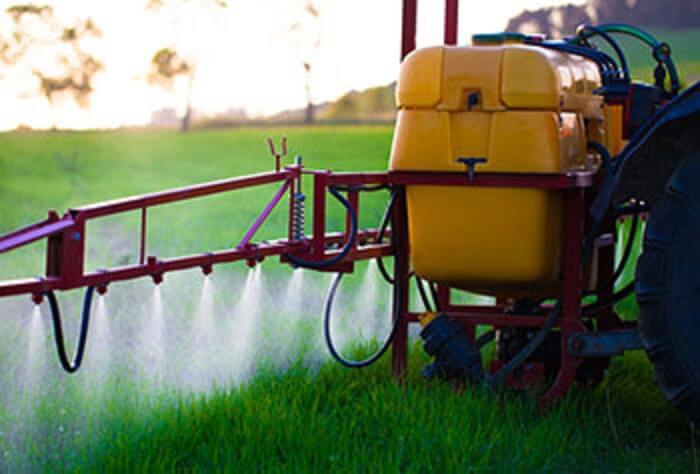Opinion: Protect Md.’s Children, Override the Governor’s Veto of Ban on Harmful Chlorpyrifos

Do you want your children eating food treated with a chemical linked to learning disabilities, autism, pediatric cancer, pre-term birth, asthma, ADHD and more? Who would possibly say yes?
Unfortunately, this brain-damaging pesticide, called chlorpyrifos, is widely applied in the production of fruits, vegetables, nuts and other conventionally grown crops — even though it has been found to damage children’s brain development.
Children living near farms, orchards and golf courses, along with farmworker families, can be exposed to this pesticide that is considered harmful at any detectable level by the U.S. Environmental Protection Agency.
Gov. Larry Hogan vetoed bipartisan legislation in the 2020 legislative session that would have banned this toxic chemical. Indeed, the majority of Maryland lawmakers found the chlorpyrifos ban so urgent and so compelling that they passed it in the final moments of the legislative session that finished early due to COVID-19.
The bill was supported by numerous scientists, public health officials — including the Maryland chapter of the American Academy of Pediatrics and the Maryland State Medical Society — farmers and environmental advocates.
The legislation was opposed by the pesticide and chemical industries. With his veto and decision to regulate the chemical instead, Gov. Hogan demonstrated that he bought into the national strategy of these industries to quash strong state pesticide laws by replacing them with weak and changeable regulations. These regulations could allow for delays, exemptions, loopholes and changes by future administrative officials, resulting in continued exposure of this toxic chemical, possibly for many more years.
Make no mistake: the pesticide industry considers pesticide regulation – instead of legislation – a win. The industry has successfully killed legislation and replaced it with regulations in California and New York.
Why is this pesticide not banned yet at the federal level, leaving the decision and responsibility to states? Politics have outweighed science.
After years of study, the EPA concluded that all uses of chlorpyrifos result in unsafe levels of exposure and was set to ban it. Unfortunately, the Trump administration reversed that decision at the federal level, leaving states to fill the void, and putting Marylanders’ health and our environment at great risk.
According to the American Academy of Pediatrics, “EPA has no basis to allow continued use of chlorpyrifos, and its insistence in doing so puts all children at risk.”
The pesticide is used on many kid-favorite fruits such as apples, peaches, grapes and strawberries. Children have a high risk of exposure in utero or during critical periods of growth through food residues and exposures to chlorpyrifos applications in their communities.
Gov. Hogan’s veto puts the Maryland Department of Agriculture in charge of regulating this toxic pesticide, but MDA is simply not equipped financially or with expertise to defend or enforce a regulation banning chlorpyrifos.
In addition to harming children’s brain development, chlorpyrifos also contaminates waterways and injures wildlife – including bees, birds, other pollinators and aquatic life in the Chesapeake Bay. It harms farmworkers, who are exposed to unsafe levels through pesticide drift, through mixing and applying it, and through elevated exposures on fields that can continue up to 18 days after application. This toxic chemical is found at unsafe levels in the air at schools, homes and communities in agricultural areas.
Our legislators must protect our residents — especially our youngest ones — and override Hogan’s misguided veto. We have no choice but to ban this toxic chemical from our state, and to do it with the certainty of law.
— RUTH BERLIN
The writer is with the Smart on Pesticides Maryland Coalition, spearheaded by the Maryland Pesticide Education Network. The coalition works to protect Marylanders and its natural systems from the toxic impacts of pesticides. The coalition includes more than 100 organizations and institutions representing communities, businesses, health care providers, farmers, environmentalists, waterkeepers, interfaith congregants as well as environmental justice, public health and wildlife advocates.




 Creative Commons Attribution
Creative Commons Attribution